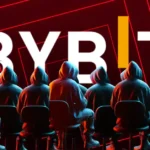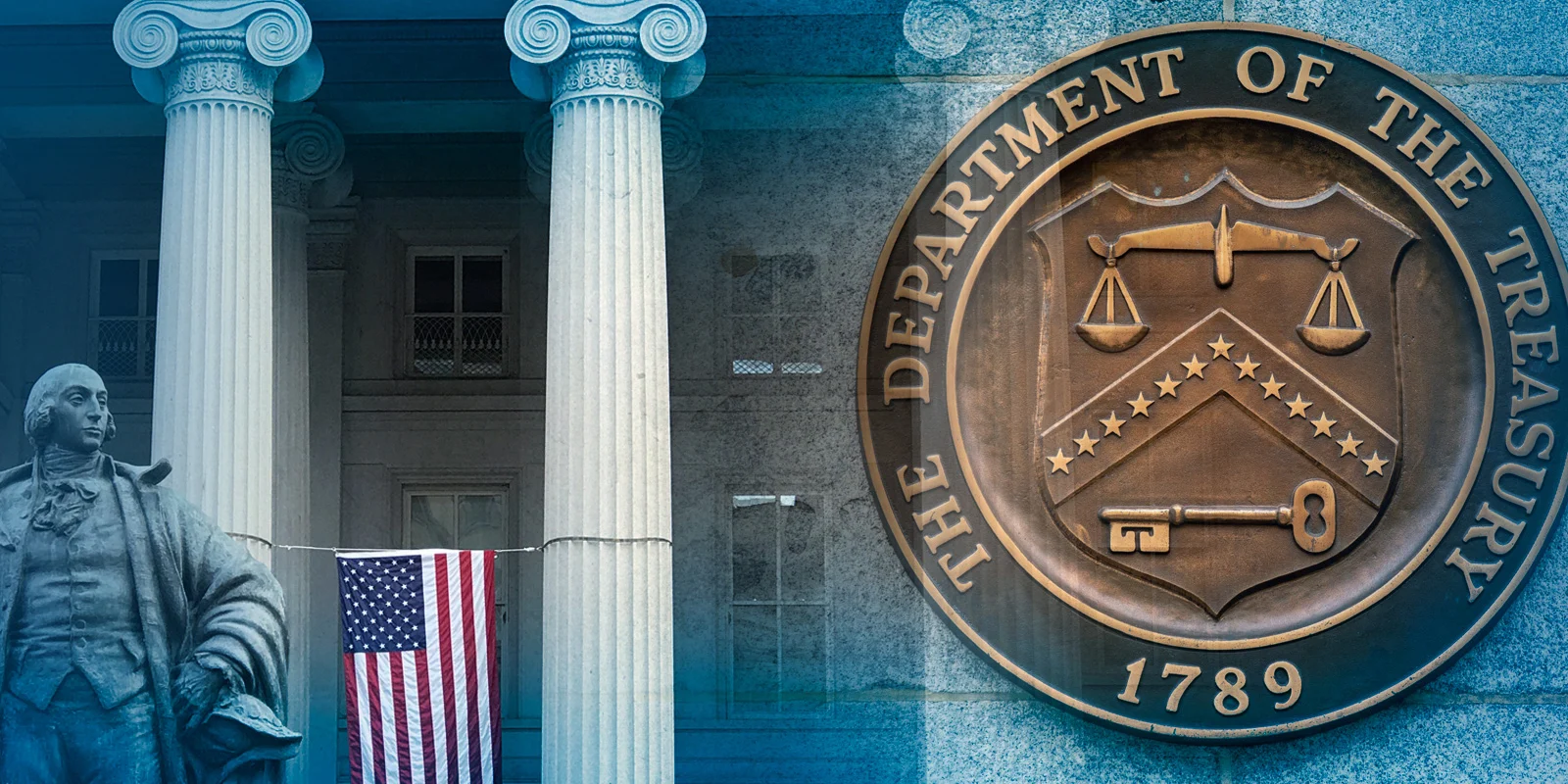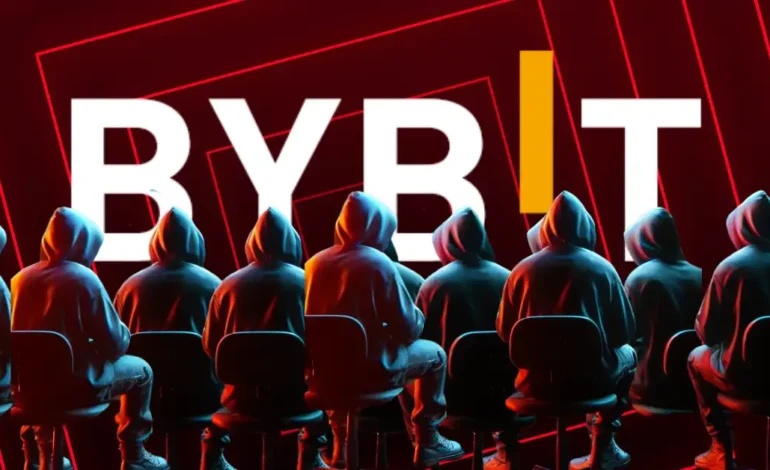The U.S. Department of the Treasury has lifted sanctions against Tornado Cash, a decentralized cryptocurrency mixer, effectively legalizing its use for American citizens.
The decision reverses the August 2022 ban imposed by the Office of Foreign Assets Control (OFAC), which accused the platform of facilitating illicit financial activities, including transactions linked to North Korea’s Lazarus Group.
For more updates on regulatory changes in crypto, visit TheCoinInfo.
Tornado Cash and the Privacy vs. Regulation Debate
Launched in 2019, Tornado Cash is an Ethereum-based protocol designed to enhance transaction privacy by obfuscating the origins and destinations of cryptocurrency transfers. While privacy advocates have championed its use, regulators have long expressed concerns over its potential misuse.
The Treasury previously claimed that Tornado Cash was used to launder over $7 billion in virtual currency, including $455 million stolen by the Lazarus Group. However, with the lifting of sanctions, the platform is once again accessible to U.S. users.
Treasury Secretary Scott Bessent acknowledged the significance of the move, stating, “Digital assets present enormous opportunities for innovation and value creation for the American people. Securing the digital asset industry from abuse by North Korea and other illicit actors is essential to establishing U.S. leadership and ensuring that the American people can benefit from financial innovation and inclusion.”
Free Speech and Open-Source Software
The original sanctioning of Tornado Cash sparked controversy, with critics arguing that targeting open-source software violated free speech and technological innovation principles. A group of Tornado Cash users, backed by Coinbase, took legal action against the Treasury.
In November 2024, a federal appeals court ruled in favor of the plaintiffs, stating that the Treasury had overstepped its authority. The court ruled that Tornado Cash’s immutable smart contracts did not qualify as “property” under federal law, placing them outside the scope of the International Emergency Economic Powers Act (IEEPA).
Judge Don Willett emphasized that while the technology could be misused, it was up to Congress—not the courts—to amend relevant laws.
For more on the evolving regulatory landscape in crypto, check out TheCoinInfo.








